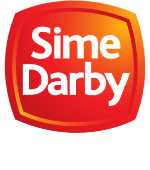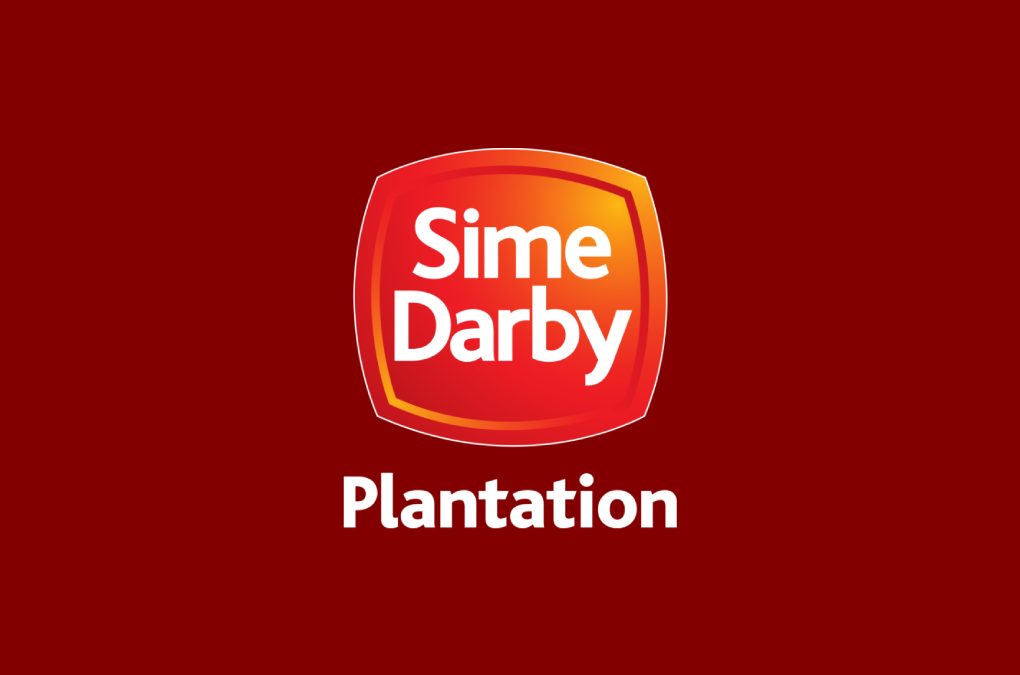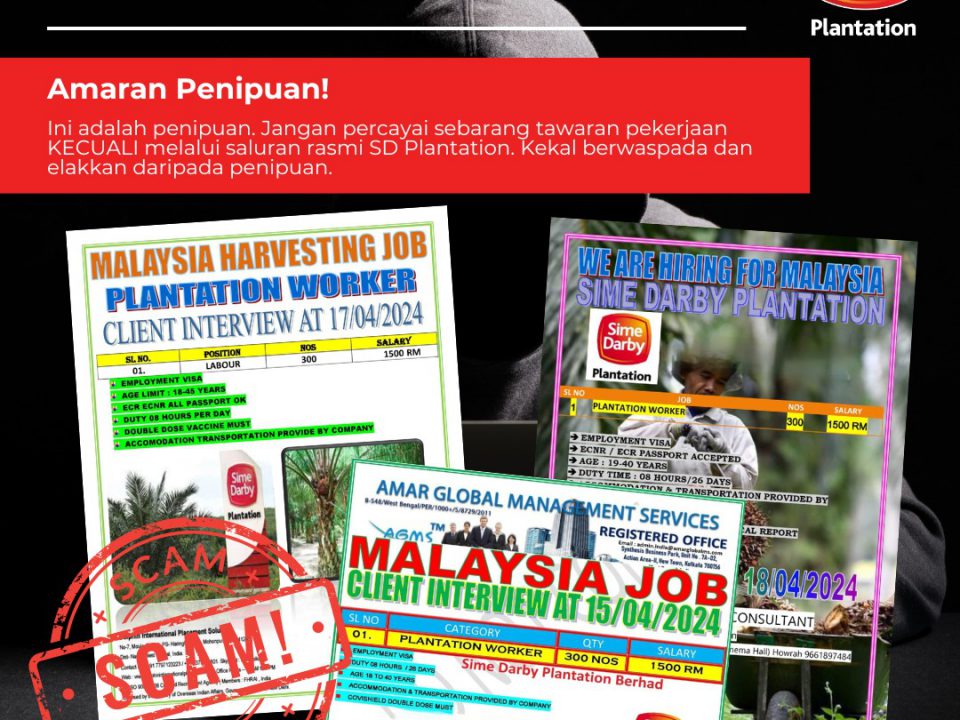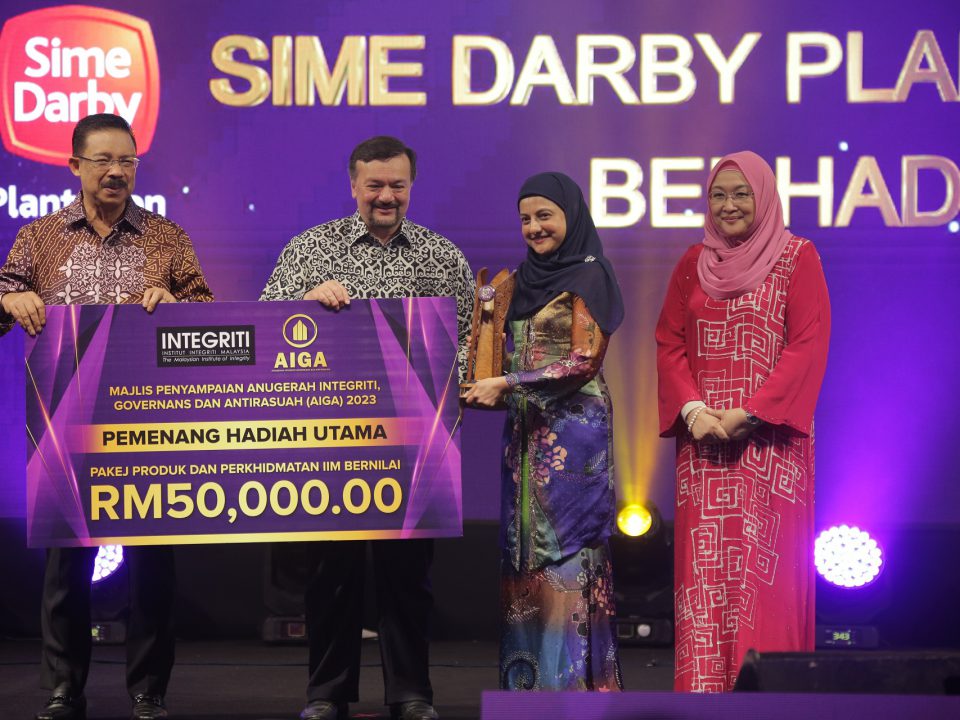Sime Darby Plantation to trial High Carbon Stock methodologies in Liberia


Sime Darby Plantation to trial High Carbon Stock methodologies in Liberia
Kuala Lumpur, 11 December 2015 – Sime Darby Plantation (SDP), one of the signatories of the Sustainable Palm Oil Manifesto which commissioned the High Carbon Stock (HCS) Science Study last year, plans to carry out trials in its Liberian operations following the release of the findings from the study.
The HCS Science Study, which is supported by a wide range of stakeholders worldwide, has proposed HCS+ as a guide for oil palm growers to develop plantations that are carbon neutral, conflict-free, transparent and equitable to all stakeholders.
As a signatory to the Manifesto, SDP will also trial the HCS Approach, an alternative methodology that proposes a forest stratification model to identify and conserve high carbon stock forests.
The HCS+ methodology is built on three pillars namely, the maintenance of critical ecosystem services, the assurance of socio-economic benefits for local communities and economic viability of development. It emphasises equitable, transparent, conflict-free and carbon-neutral oil palm development.
HCS+ is built to support existing frameworks, such as the Roundtable on Sustainable Palm Oil (RSPO). It helps to address RSPO’s requirement to avoid developments on land with high carbon stocks. HCS+ should be used together with the full suite of tools available within the RSPO framework, such as Free Prior and Informed Consent (FPIC) and High Conservation Value assessments, for sustainable oil palm development. It also recommends a stronger social contract between the company and local communities to ensure the equitable distribution of economic value derived from oil palm developments.
Sime Darby Plantation Managing Director Datuk Franki Anthony Dass said he believes both HCS methodologies can be converged to provide clear and consistent guidance for companies and governments.
“We will fulfil our commitment to follow through on the pledge made in the Sustainable Palm Oil Manifesto, and trial the HCS+ methodology. By testing both HCS methodologies jointly, we hope to ensure the practicality of implementation, and contribute to efforts towards the development of a single HCS methodology for the oil palm sector.
“We have started to commission a Light Detection and Radar (LiDAR) study to obtain a baseline carbon map of the area identified to carry out the trials in Liberia. The map will be completed in the next six months, while socio-economic studies will be designed in the next few months,” said Franki.
Liberia was chosen because it is SDP’s only greenfield development for oil palm currently. SDP has planted about 10,000 hectares in the country.
The trials will allow the comparison of both the HCS+ and HCS Approach methodologies in terms of conservation and developmental outcomes, as well as practicality of implementation.
The final report of the HCS Science Study draws upon 17 other consulting reports, which provide critical input in terms of biomass estimation, soil carbon dynamics, remote sensing, and socio-economics. All reports are now publicly available and may be downloaded at www.carbonstockstudy.com.


